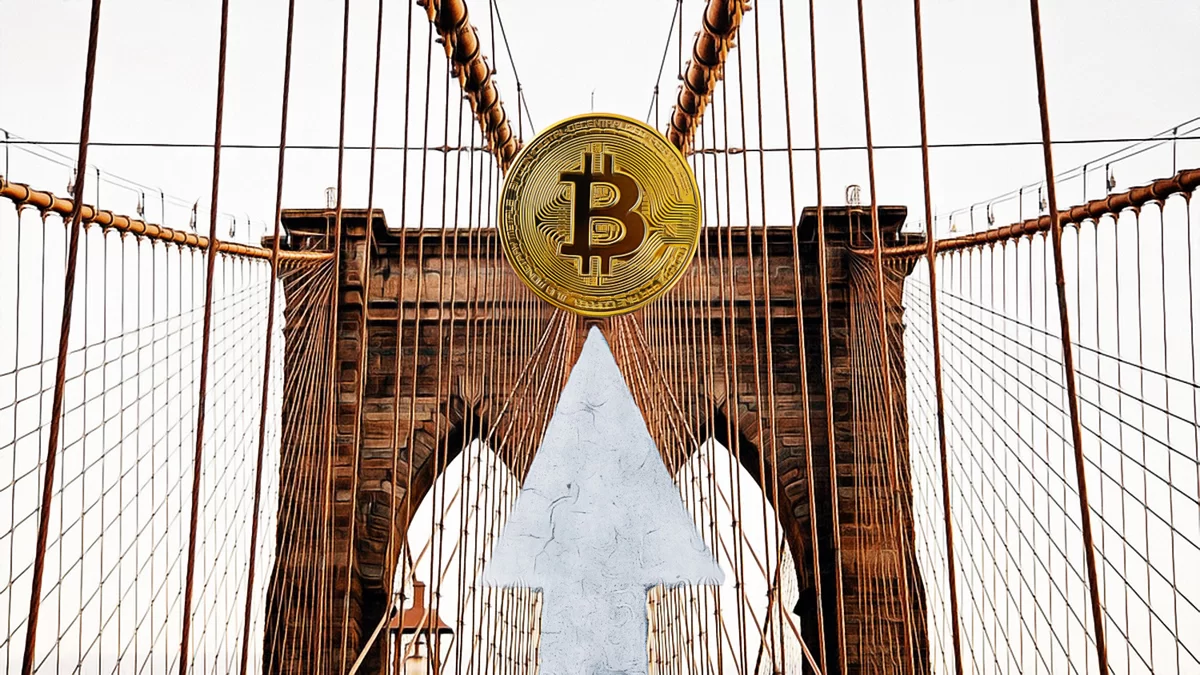China, one of the world’s largest economies, has long been a central topic in the realm of cryptocurrencies. Investors who have spent years in this area are all too familiar with China’s fluctuations. However, those who began investing in cryptocurrencies after 2020 may not fully understand the complexities they’re about to encounter. Let’s delve into the historical relationship between China and cryptocurrencies and discuss future expectations.
Despite multiple instances of China seemingly banning cryptocurrencies and the mainstream media claiming Bitcoin’s demise, neither has truly occurred. If Bitcoin had truly died, we wouldn’t keep hearing news of its death, and similarly, if China had fully banned cryptocurrencies, it wouldn’t need to keep reinstating that ban.
In 2013, we saw the People’s Bank of China ban financial institutions in the country from transacting in virtual currencies like Bitcoin. This didn’t greatly impact individual investors, and Bitcoin continued to garner considerable interest at that time.
Fast forward to 2017, Chinese authorities targeted Initial Coin Offerings (ICOs). To quell the frenzy, China banned all platforms offering ICOs. Many will recall the 2021 crypto ban when China’s State Council announced an official ban on crypto mining, attributing this move to environmental concerns and carbon emission goals.
This historical fluctuation continues to perplex investors, as it makes the $30,000 Bitcoin level seem incredibly intriguing. Meanwhile, potential signs of a shift in China’s stance towards cryptocurrencies are beginning to emerge. Recent court rulings have started to acknowledge cryptocurrencies, and through Hong Kong, crypto companies are being welcomed.
The digital Yuan may present a unique opportunity to enhance the usage of China’s currency globally, especially as the US puts pressure on stablecoins tied to its own currency. June promises to be an exciting month as Hong Kong is set to legitimize cryptocurrencies for individual investors.
However, the question of when to invest in cryptocurrencies remains complex. If China lifts its crypto ban, the market will likely have priced in this development even before the official announcement. Yet, the excitement may continue to boost the market following the formal declaration. Those seeking a less risky investment might want to consider purchasing Bitcoin when it exceeds $45,000 again. Ultimately, the decision of when to buy depends on your risk appetite and investment strategy.









